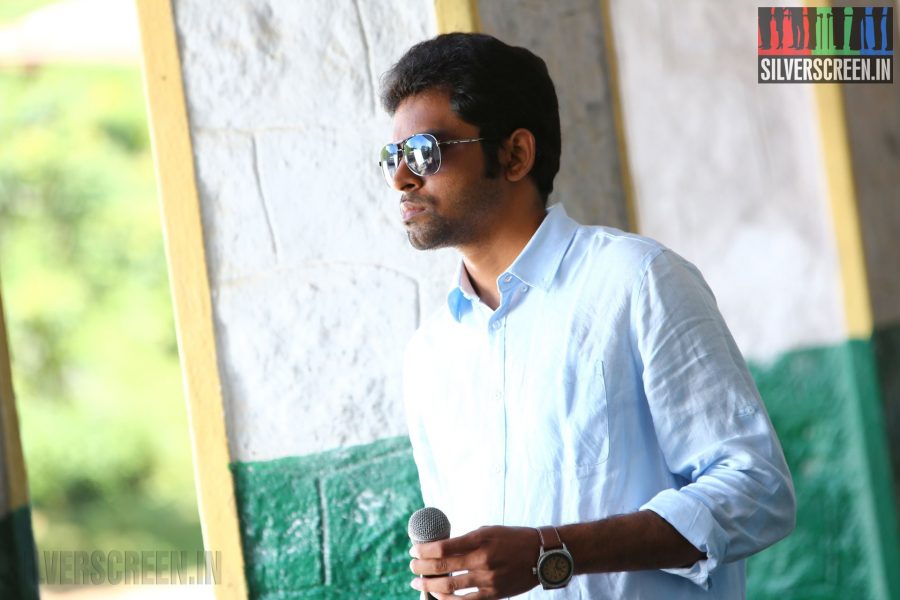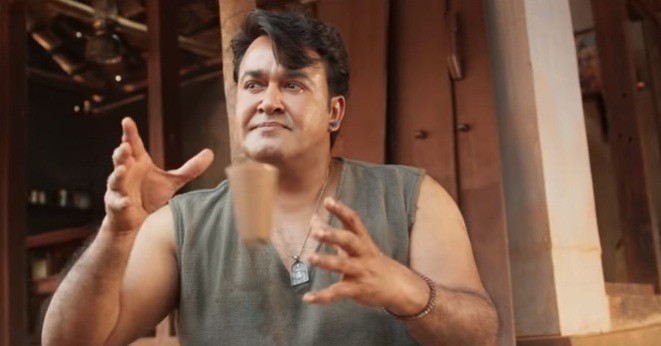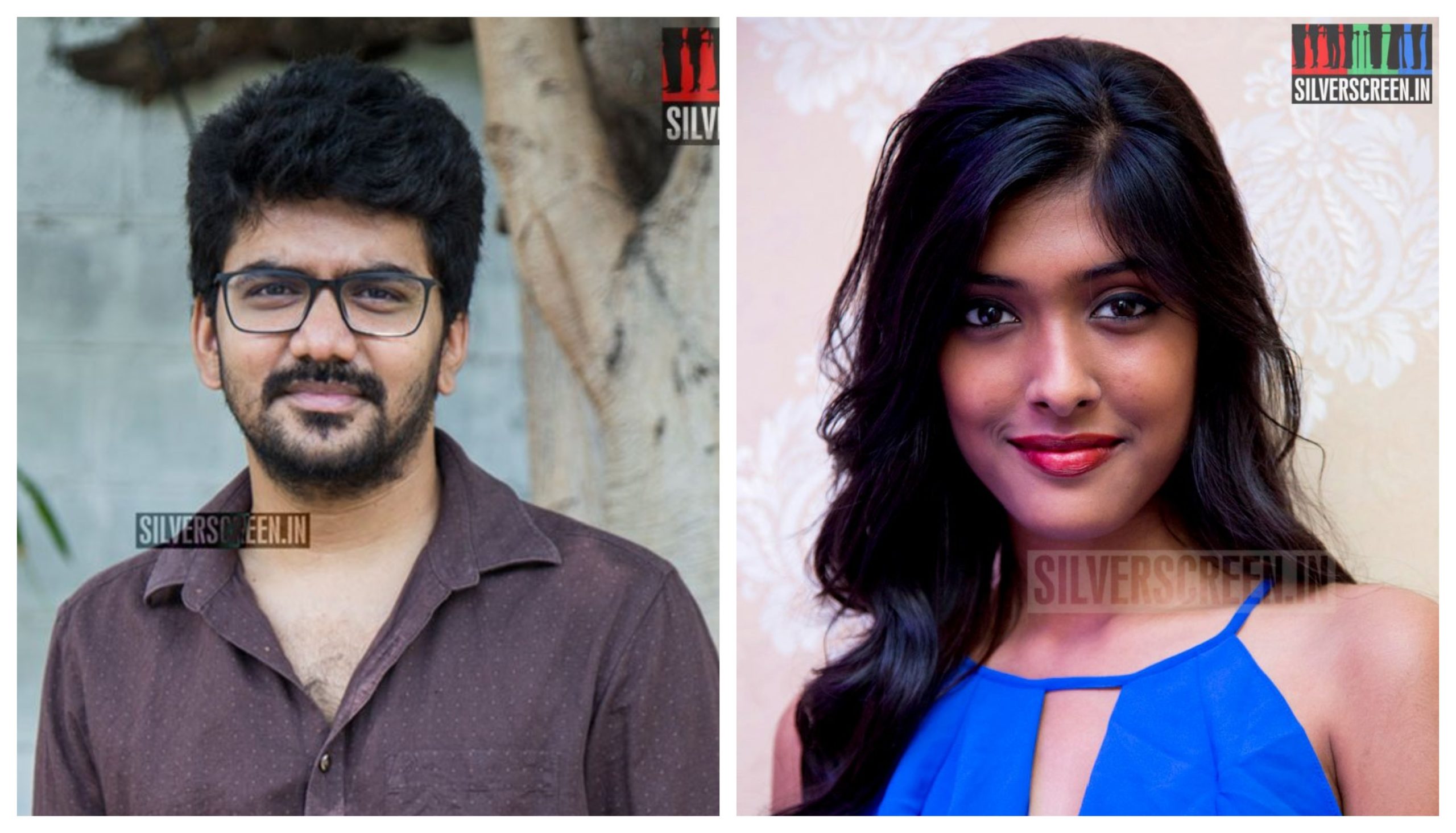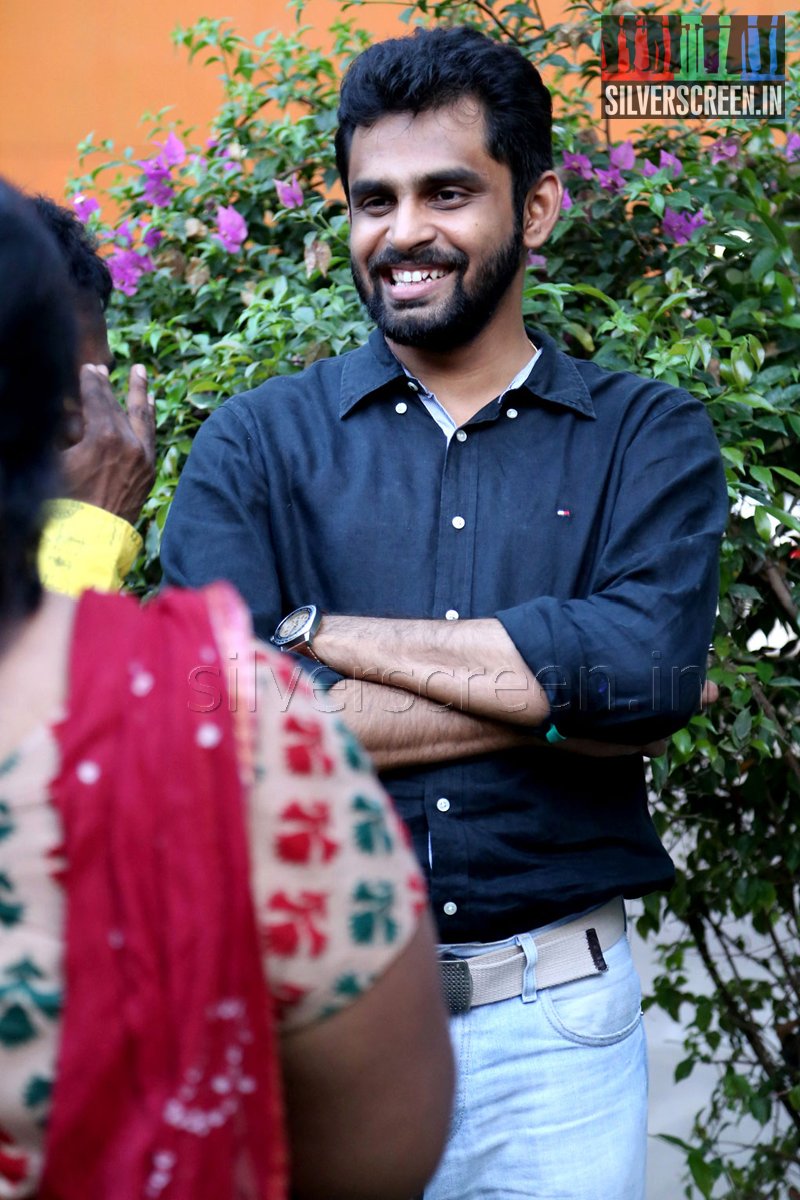
Balaji Mohan was sixteen years old when he saw Kadhal Kondein.
Big, dreamy eyes fixed on the silver screen. Awestruck, by a young actor destined to become the next big thing in Tamil cinema. In that instant, the desire took hold of him — to become a director, a great one.
It is twelve years later. His dream of becoming a director has come true. Even better, he has directed the actor whose performance had ignited his artistic ambitions. Looking back at that moment, he says: “I don’t believe in sentiment. But this was meant to be. I feel as if life has come full circle. I’ve always liked Dhanush sir and I am one of his biggest fans. He is someone I couldn’t wait to work with after my first film. It still feels unreal that I’ve already worked with him. That our film is about to release. It’s going to take some time to really hit me.”
*****
Dhanush has played a gangster before, but this time, claims Balaji Mohan, will be special: “We’ve treated Maari very differently. His look in this film is going to set him apart from everything he’s done before. For instance, he rarely raises his voice. Everything is conveyed subtly.”
Balaji Mohan didn’t even have to tell Dhanush to tone it down; he did that all by himself. “I think Dhanush sir has handled this beautifully, he brings alive the character’s mannerisms in a subtle yet powerful way. Even in confrontation scenes, he isn’t too loud; he expresses himself through his body language. In Maari, he talks very less; his character required him to say very little.”
Kajal Aggarwal appears for more than an hour in the film, which is a lot when compared to other commercial films, explains Balaji Mohan. “Kajal has quite a meaty role in the film. Her role is not that of a stereotypical heroine. Her character has not been added to the script as an excuse to have an actress on board. She has a major role to play in one of the plot twists and it came about in the flow of the script. It will not look unnatural because when the plot progression happens, she would have an important role to play.”
He also feels Vijay Yesudas was a complete natural. “We wanted a fresh face to play a police officer and we thought Vijay could give it a shot. He’s quite tall and built, and he has these innate qualities of a police officer. Once we did a screen test with him, I was sure he could play a convincing police officer.”
*****
Once Balaji Mohan ‘locks’ the script, he follows the same order to shoot his scenes, nothing more and nothing less. “Generally, I shoot only what is required, that’s why my films are completed quickly. It’s probably because I have a background in editing. My first edit is very close to the final edit. We just have to do some basic trimming.”
*****
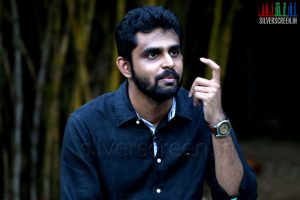
The tongue-in-cheek version of Balaji Mohan we saw in Vaayai Moodi Pesavum is quite not how he is, in real life. “I am very reserved. I prefer to be silent. I might be funny on the inside, but definitely not openly funny. Anyone who knows me will also know that I’m mostly a Zen person.”
Most of Balaji Mohan’s free time is spent watching TV shows and films. “I don’t have many hobbies outside of films. So other than watching movies, thinking about movies and making movies, there isn’t much,” he laughs, before adding – “I do meditate though, but I don’t know if can call that a hobby.”
Most of Osho’s books and speeches triggered Balaji Mohan’s belief in meditation. “What he says is relevant to everyone. Only because of him I’ve realized the importance and goodness of meditation.”
*****
Balaji Mohan believes ‘people inspire people’ more than anything else. “Anybody you meet in life can inspire you. It doesn’t matter if you like them or not. I don’t limit my inspirations to my creative work, little things in everyday life inspire me, and it could be anything, really.”
He can watch two or three films on the same day, but ask Balaji Mohan about his favourite books, and he confesses: “I’m not much of a reader actually. I do want to be one but that hasn’t happened till now. I think there’s a lot of knowledge to be gained through books and maybe it will make me a better creator, but I am not able to get myself into the habit of reading a lot. Perhaps I’ll be able to at some point, let’s see.”
*****
I ask him if he remembers the first time he held a camera, and almost immediately, he says: “Of course I remember. I was in the second year of engineering when I first picked up a video camera. On the same day, I shot a short film, acted in it and edited it. It’s called Velicham. It won the special jury award in a short film competition judged by the late director Balu Mahendra. That was my excuse to drop out of engineering. That was the first time I held a video camera and that’s where it all started.”
Once he dropped out of college, Balaji Mohan wanted to do a professional course on direction. “I couldn’t because I didn’t have a degree. So I took the next best thing available to me: Editing and sound design. I learnt as much as I could about all the aspects of filmmaking during that period.”
Balaji Mohan strongly feels everyone involved in the process of filmmaking must know the basics of editing. “Writing and editing make a film; so it’s very important to at least know the basics of editing. It would change their perspective. It would change the way they use their resources, and [would also] make them wiser.”
Now that he has his hands full with direction, it is very unlikely that he’ll be able to edit his own films. “I would love to edit my films, but I don’t have time for that right now. Having another editor on board presents an objective standpoint. So I leave the first cut to him. Perhaps when I have the luxury of time, I will edit my films, but I don’t see that happening right now.”
*****
If there’s one thing that Balaji Mohan loves more than editing, it’s acting. “I love performing, I enjoy being in front of the camera. I think one can become a better director if he knows the nuances of acting.”
*****
I ask him if still finds intervals ‘restrictive’ as he had once opined: “I think I was wrong back then. I’ve grown to accept intervals. For Vaayai Moodi Pesavum and Maari, I felt the interval made sense; that it would be better if they are split into two halves. Perhaps for certain kind of scripts, interval could be a hindrance, but they are not as restrictive as I thought they were.”
Recommended
He is also very budget-conscious. “In the industry, we have a certain bandwidth; we must be conscious on how much we spend. For Maari, I had the luxury to spend and shoot leisurely, but I still finished shooting in 57 days. I believe in keeping the expenditure to a bare minimum without compromising on the quality, of course. These days, the lifetime of a film is very less. It runs for one weekend, sometimes a whole week, and very rarely a little more than that. It’s only wise to not spend more than we have to. That way, everyone’s happy.”
*****
Rapid-Fire:
Which Hollywood script would you remake with Rajinikanth?
“I would love to remake Pirates of the Caribbean and cast superstar Rajinikanth as Jack Sparrow.”
The song that describes your life right now?
“Loose Control from Rang De Basanti. I sort of want to let go and lose control at some point. I think that is good.”
Balaji Mohan’s Maari releases this Friday.
*****
The Balaji Mohan interview is a Silverscreen exclusive.
